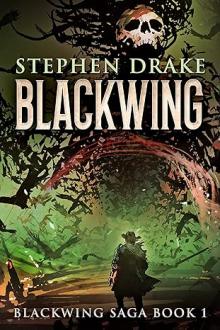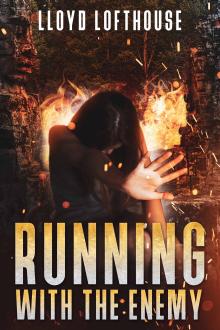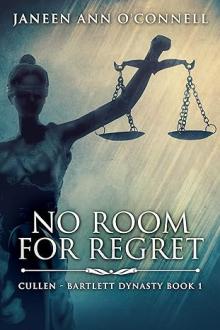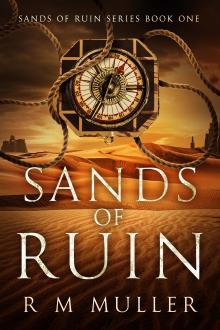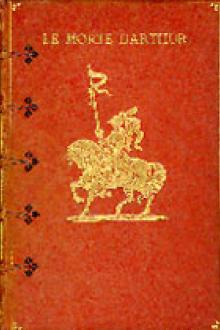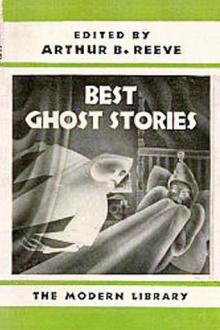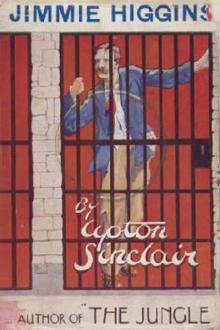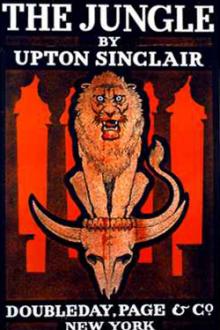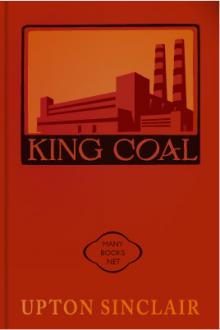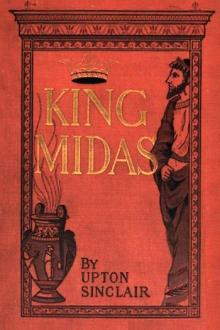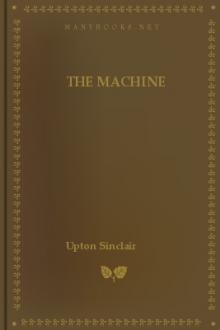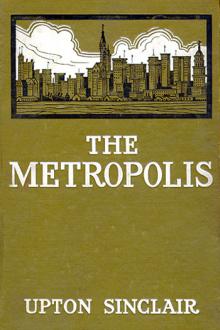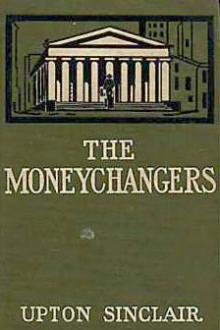100%: The Story of a Patriot
100%: The Story of a Patriot
The story of the "White Terror," and how "big business" pulled off the stunt of landing the "reds" in jail. It is the inside story of a "secret agent," and deals with half a dozen celebrated cases concerning which you have been fooled.
Book Excerpt
e same moment one of the policemen lifted
him to his feet.
"Can you stand up?" he demanded; and Peter tried, and found that he could, and forgot that he couldn't. He was covered with blood and dirt, and was an unpresentable object, but he was really relieved to discover that his limbs were intact.
"What's your name?" demanded one of the policemen, and when Peter answered, he asked, "Where do you work?"
"I got no job," replied Peter.
"Where'd you work last?" And then another broke in, "What did you crawl in there for?"
"My God!" cried Peter. "I wanted to get away!"
The policemen seemed to find it suspicious that he had stayed hidden so long. They were in a state of excitement themselves, it appeared; a terrible crime had been committed, and they were hunting for any trace of the criminal. Another man came up, not dressed in uniform, but evidently having authority, and he fell onto Peter, demanding to know who he was, and where he had come from, and what he had been doing in that crowd. And of
FREE EBOOKS AND DEALS
(view all)Popular books in Fiction and Literature, Espionage
Readers reviews
4.3
LoginSign up
It was something to read, and it did have a certain historical value, being from the infamous Upton Sinclair, but other than its obvious propagandistic purpose the plot had no apparent aim. The characters were one-sided. The capitalists were pure evil, with no redeeming goodness. The socialists were harmless do-gooders, without vice nor venom. The story ends with a list of real-life travesties upon which the plot was based, accompanied by encouragement to request pamphlets and other publications from various left-leaning institutions. It's an excellent story if you've got nothing to do and nothing else to read.
- Upvote (0)
- Downvote (0)
A must-read for Ayn Rand fans. It gives a slightly different viewpoint of the Captains of Industry who heroically oppose the forces of anarchy to wisely guide the course of the nation.
Peter is an out-of-work con-man's assistant who accidentally finds himself a victim of a bombing at a WWI preparedness parade. Then he gets blamed for the bombing and tortured. But he's 100% American, and agrees to work for the security forces as a spy on the Reds (communists, socialists, pacifists, labor organizers, Internationalists, free-lovers, Quakers, Russellites, leftist liberals, anarchists—they all get lumped together, just as Rand does.)
Upton Sinclair mashes together several historical events (which he cites in the appendix) into one story. The characters are rather broadly drawn, and lean a bit on stereotypes, but are much more realistic than Rand's cardboard people.
Although I thought the book might be like James T. Farrell's stuff, it has more in common with Kosinski's Being There, in that the main character is profoundly stupid, yet blunders into situations that work out well for him. With a few exceptions. He progresses through his career with a few setbacks, and has a minor epiphany when he discovers he enjoys beating up people who can't or won't defend themselves.
The whole idea of labor organizing seems a bit quaint these days, but the early part of the 20th century these were violent struggles that resulted in the benefits workers expect today.
Peter is an out-of-work con-man's assistant who accidentally finds himself a victim of a bombing at a WWI preparedness parade. Then he gets blamed for the bombing and tortured. But he's 100% American, and agrees to work for the security forces as a spy on the Reds (communists, socialists, pacifists, labor organizers, Internationalists, free-lovers, Quakers, Russellites, leftist liberals, anarchists—they all get lumped together, just as Rand does.)
Upton Sinclair mashes together several historical events (which he cites in the appendix) into one story. The characters are rather broadly drawn, and lean a bit on stereotypes, but are much more realistic than Rand's cardboard people.
Although I thought the book might be like James T. Farrell's stuff, it has more in common with Kosinski's Being There, in that the main character is profoundly stupid, yet blunders into situations that work out well for him. With a few exceptions. He progresses through his career with a few setbacks, and has a minor epiphany when he discovers he enjoys beating up people who can't or won't defend themselves.
The whole idea of labor organizing seems a bit quaint these days, but the early part of the 20th century these were violent struggles that resulted in the benefits workers expect today.
01/27/2014
100% is Sinclair at his best. Sinclair proves himself a great author who just happens to be a socialist, not the other way around.
06/17/2005
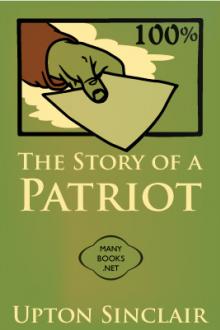
 Free Download
Free Download

